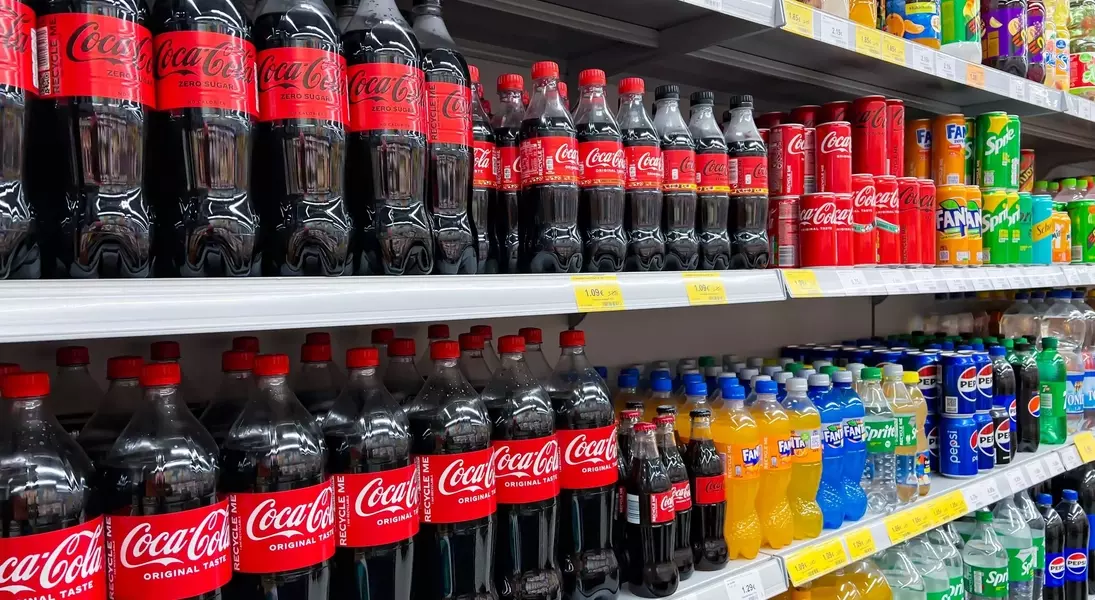
A recent report has sparked renewed scrutiny of Coca-Cola's environmental practices, linking the beverage giant to controversial fracking activities in Texas. According to an investigation by Stand.earth, several major brands, including Coca-Cola, Nestlé, Unilever, and Procter & Gamble, are indirectly contributing to plastic production by sourcing ethane, a byproduct of hydraulic fracturing. The Permian Basin, one of the world’s largest oil and gas hubs, is at the center of this issue. Critics argue that despite Coca-Cola's public commitment to sustainability through its "World Without Waste" initiative, the company’s actions may not align with its pledges. This controversy raises questions about the authenticity of corporate sustainability efforts and highlights the urgent need for companies to rethink their reliance on fossil-fuel-based materials.
The process known as hydraulic fracturing, or fracking, involves injecting high-pressure fluid into underground rock formations to extract oil and gas. While it has revolutionized energy production, fracking has also been linked to severe environmental consequences, such as water contamination and increased greenhouse gas emissions. One particularly concerning outcome is the extraction of ethane, which is subsequently processed into plastic—a material notorious for its persistence in the environment. Environmental justice advocate Yvette Arellano emphasizes the irreversible health impacts faced by communities living near these operations, underscoring the broader societal implications of continued reliance on fracking.
Despite its ambitious goals to make packaging more sustainable, Coca-Cola remains entangled in accusations of contributing significantly to global plastic pollution. A study cited by Axios suggests that the company may be responsible for over half of the world’s plastic waste, casting doubt on the effectiveness of its current strategies. Advocates argue that true progress will only occur when corporations transition away from plastics derived from fossil fuels entirely. Until then, fracking operations will continue to thrive, perpetuating both environmental degradation and public health risks.
Consumers play a pivotal role in driving change by supporting brands committed to reducing or eliminating plastic use altogether. Simple actions like choosing products with minimal packaging, opting for refillable options, and critically evaluating claims of sustainability can collectively create meaningful impact. As pressure mounts on companies to prioritize planetary well-being over profits, the path forward lies in fostering accountability and encouraging innovative solutions.
Ultimately, addressing the intertwined challenges of plastic pollution and fracking requires a multifaceted approach. Companies must take decisive steps toward phasing out fossil-fuel-based materials while embracing alternative, eco-friendly options. Meanwhile, consumers hold the power to influence corporate behavior through informed choices and advocacy. Together, these efforts could pave the way for a cleaner, healthier future where sustainability isn’t just a buzzword but a lived reality.
